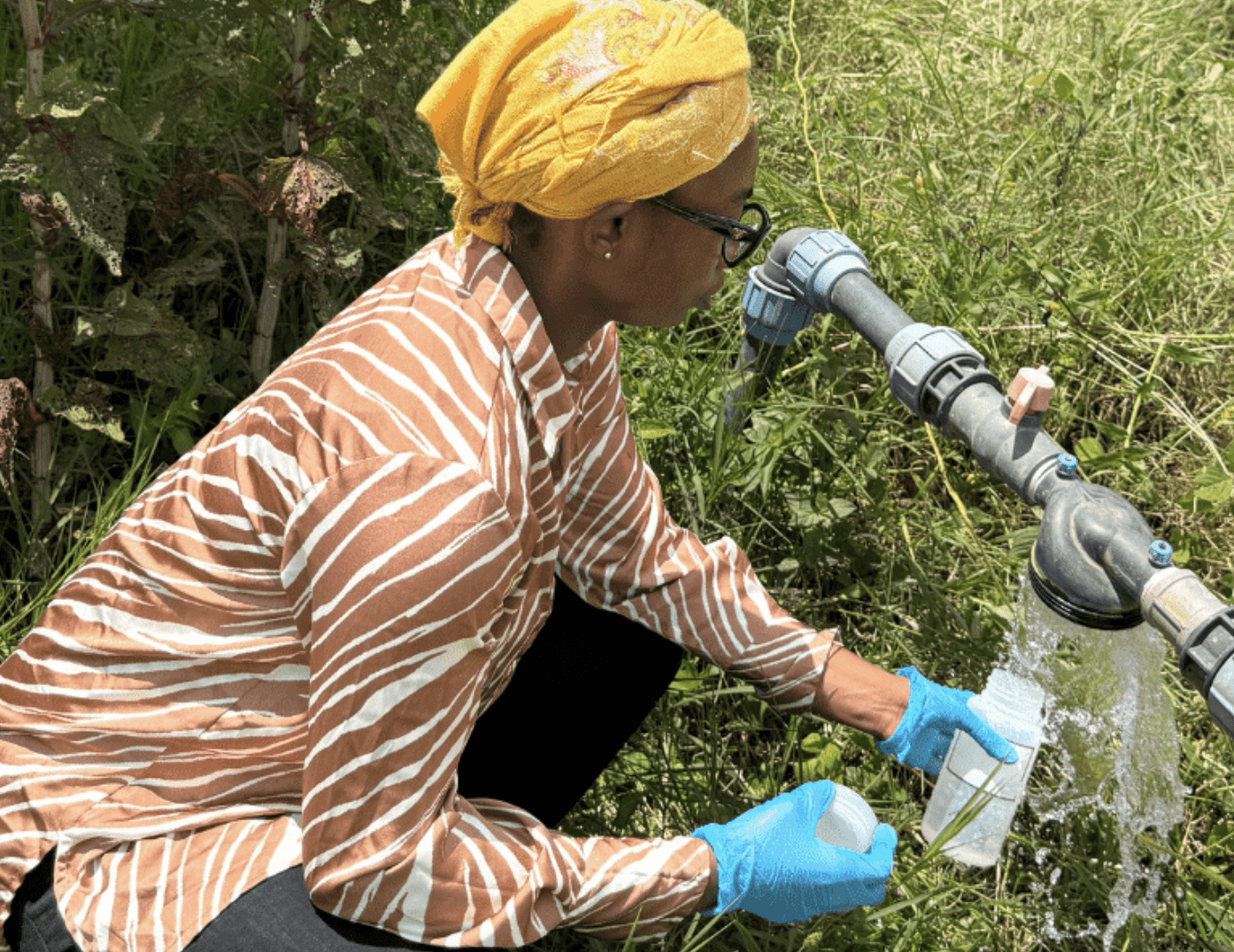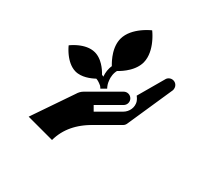Water for Agriculture in Mbeya, Tanzania
Project Lead: GEOH Ph.D candidate Ibiyinka Amokeodo
Successful agriculture is critical to the livelihoods and food security of Tanzania. In many low- to middle-income countries like Tanzania, there are few water quality regulations that protect against issues caused by chemicals in agricultural runoff (pesticides and herbicides) and bacterial pathogens such as salmonellosis.
Water for Agriculture in Mbeya, Tanzania is a mixed-methods project that will characterize the chemical and microbial quality of diverse water sources in Mbeya, Tanzania, and assess community perceptions of associated public health risks. The project has the following three aims:
- To evaluate the presence of chemical contaminants in surface water bodies and groundwater used for agricultural irrigation and evaluate associations between specific contaminants and other water quality and environmental parameters (e.g., pH, temperature, turbidity, electrical conductivity, and dissolved oxygen).
- To quantify fecal indicator bacteria (e.g., E. coli and Enterococcus), antibiotic-resistant bacteria, antibiotic resistance genes, and total bacterial diversity in surface water bodies and groundwater used for agricultural irrigation. We will use culture-based and metagenomic approaches and evaluate associations between these targets and other water quality and environmental parameters (e.g., pH, temperature, turbidity, electrical conductivity, and dissolved oxygen).
- To evaluate the knowledge and perceptions of agricultural workers in Mbeya regarding the chemical and microbial quality of irrigation water through a survey instrument. The data generated in this study will be the first of its kind in Mbeya, Tanzania, offering fresh insights into irrigation water quality and local attitudes.
These insights will substantially enhance our comprehension of both chemical and microbial contaminants present in irrigation water and shed light on the complex dynamics of antibiotic resistance within Tanzanian agricultural environments. Furthermore, this study will yield valuable metagenomic bacterial community data, offering an extensive view of the microbial populations that inhabit irrigation water sources.
Overall, this pioneering research will guide the formulation of evidence-based policies and interventions tailored toward enhancing agricultural water quality and safeguarding public health within agricultural communities in southern Tanzania.
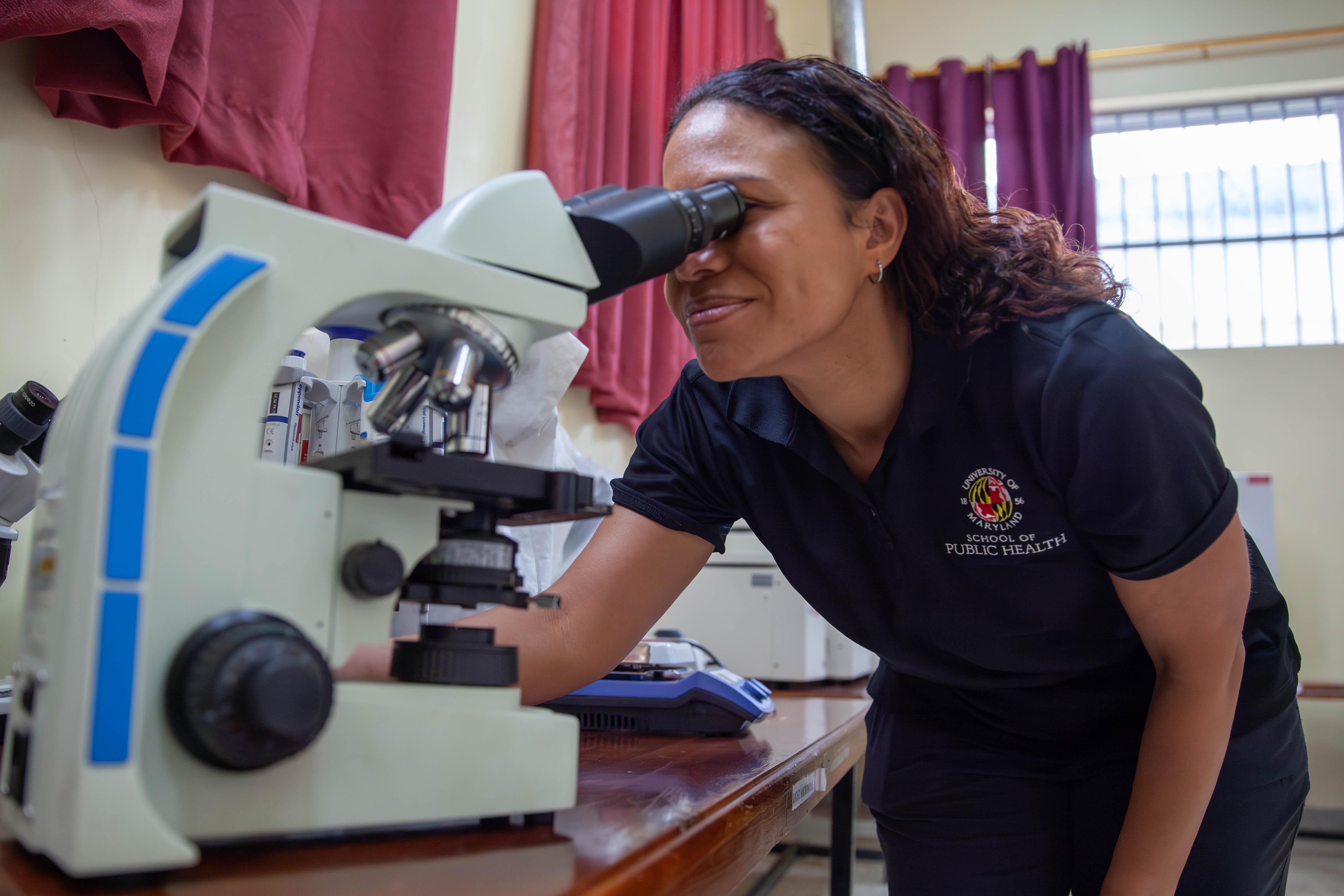
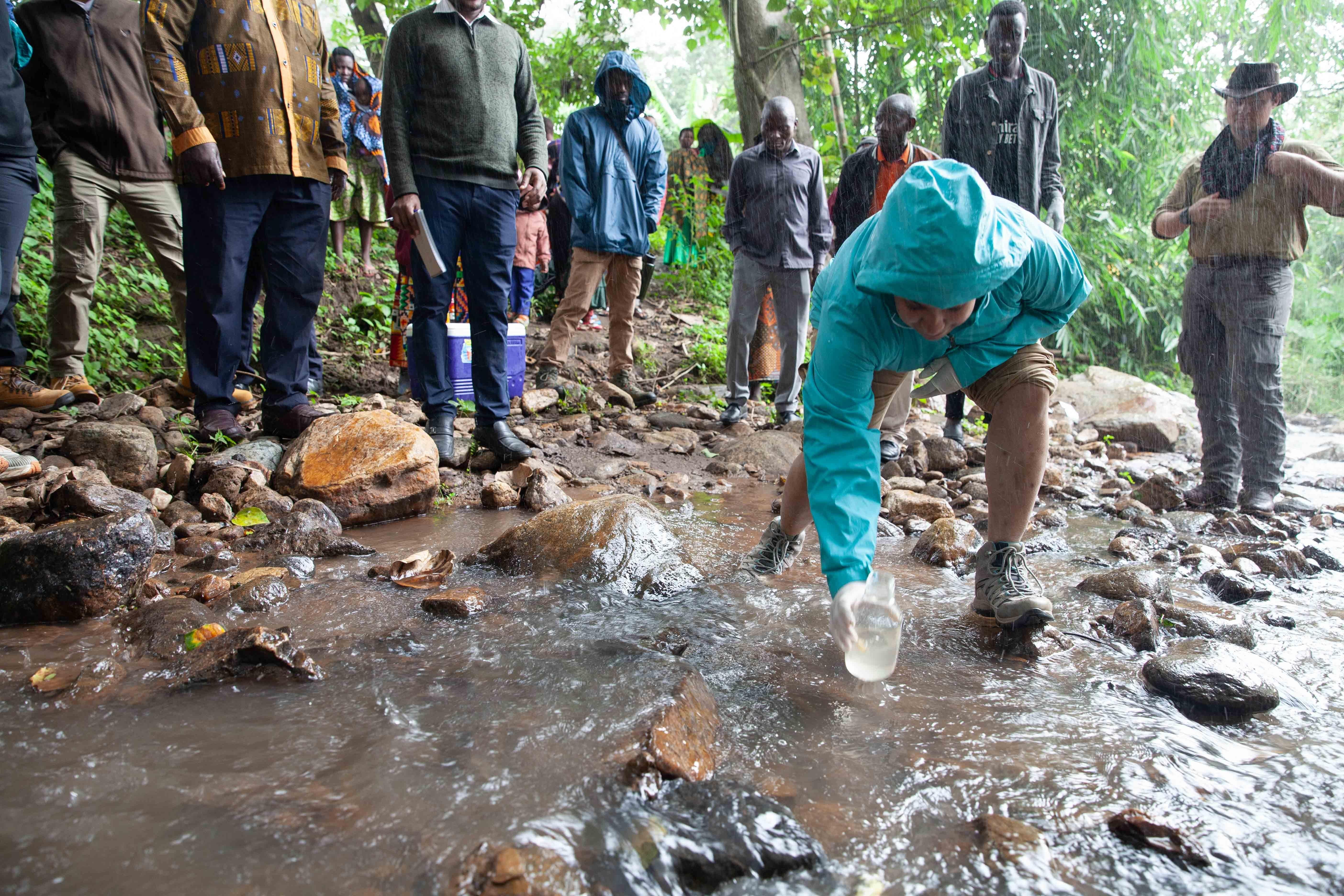
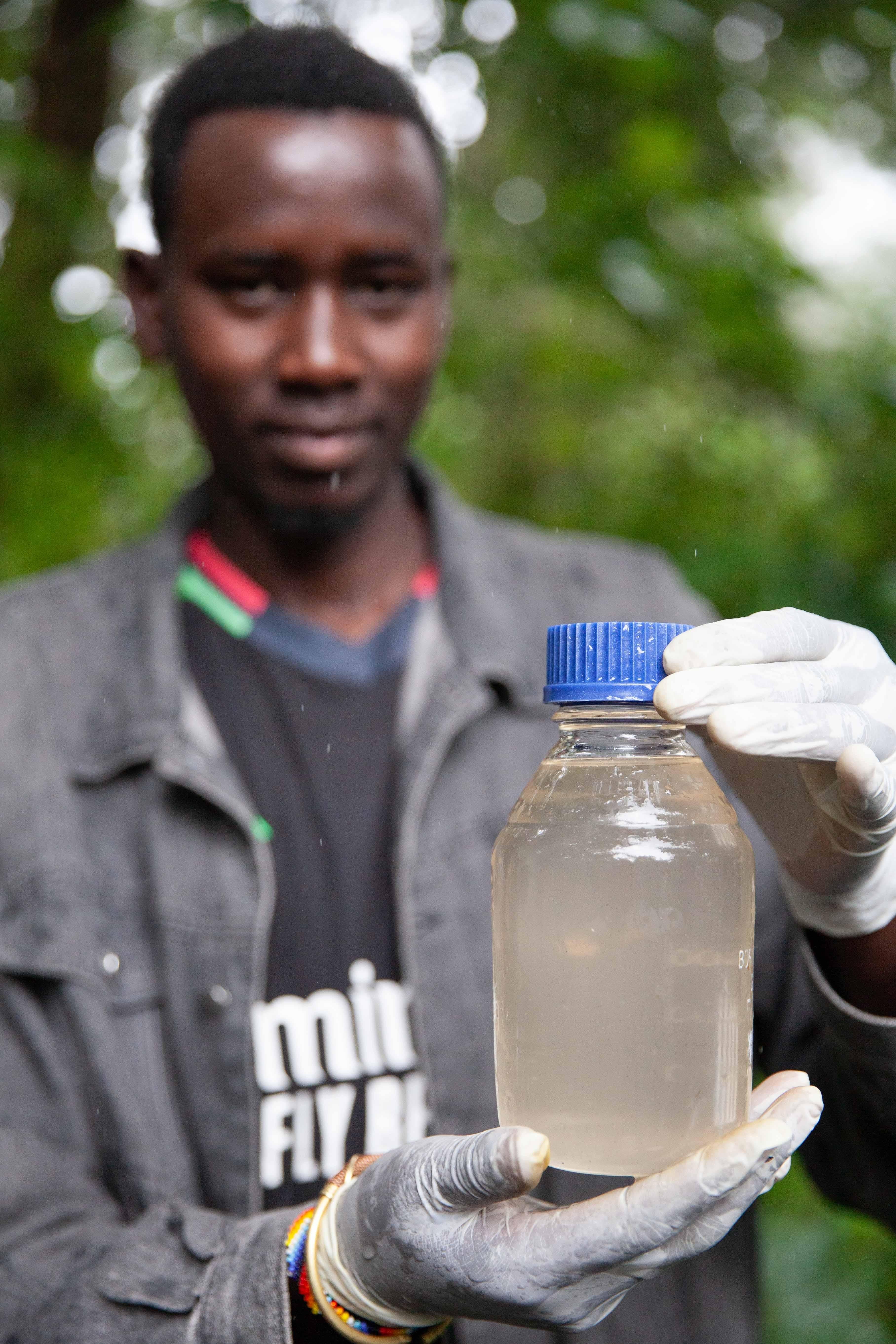
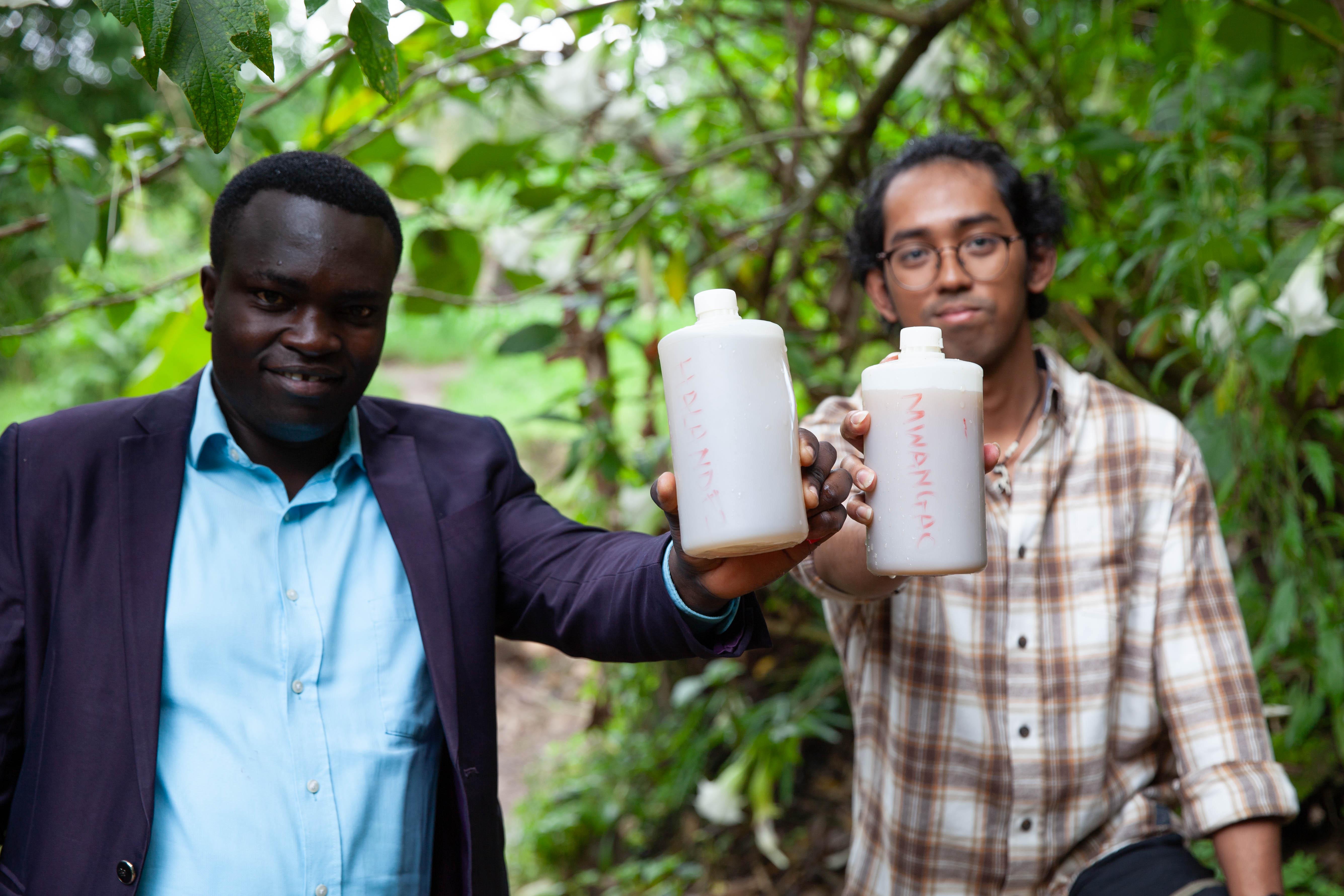
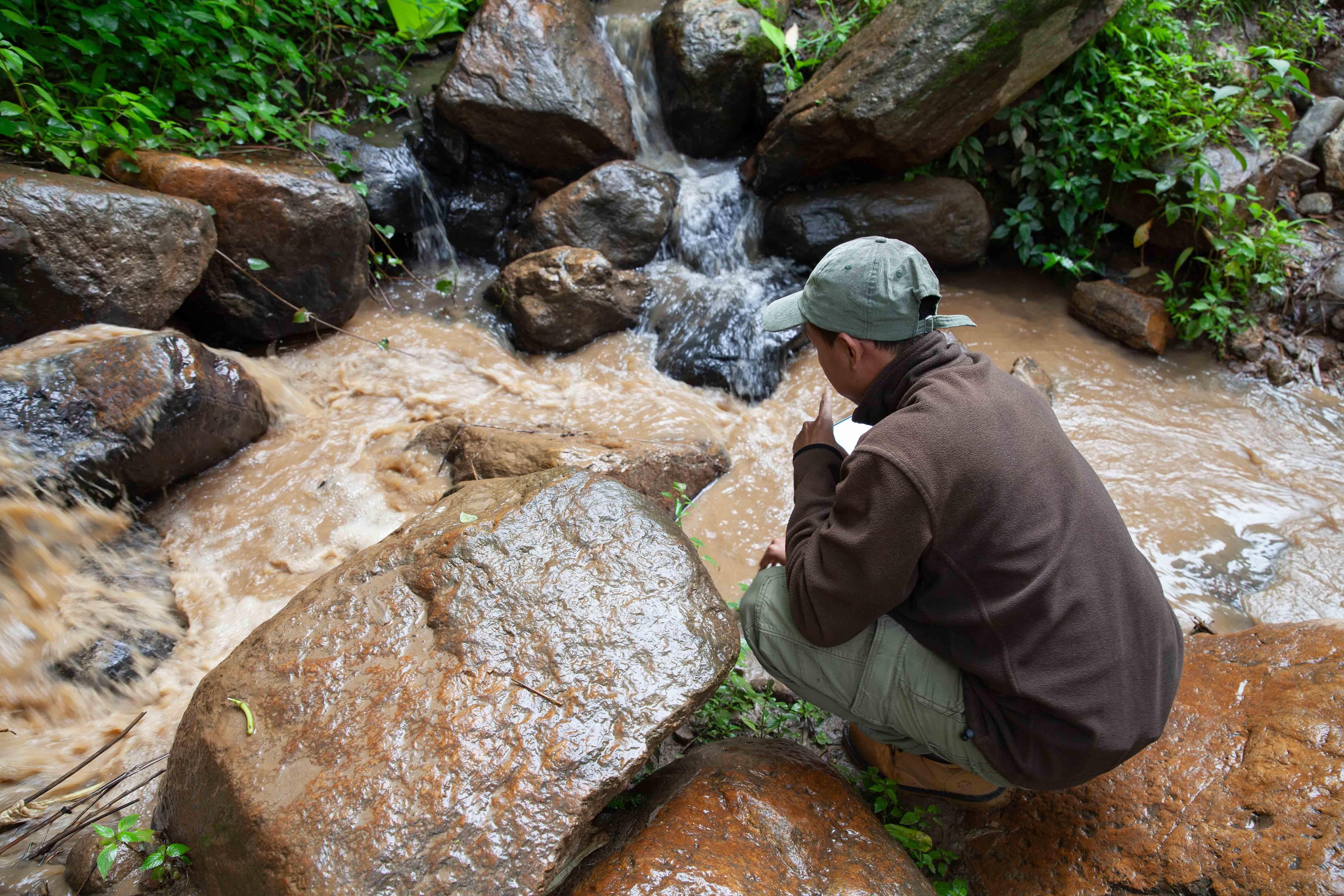
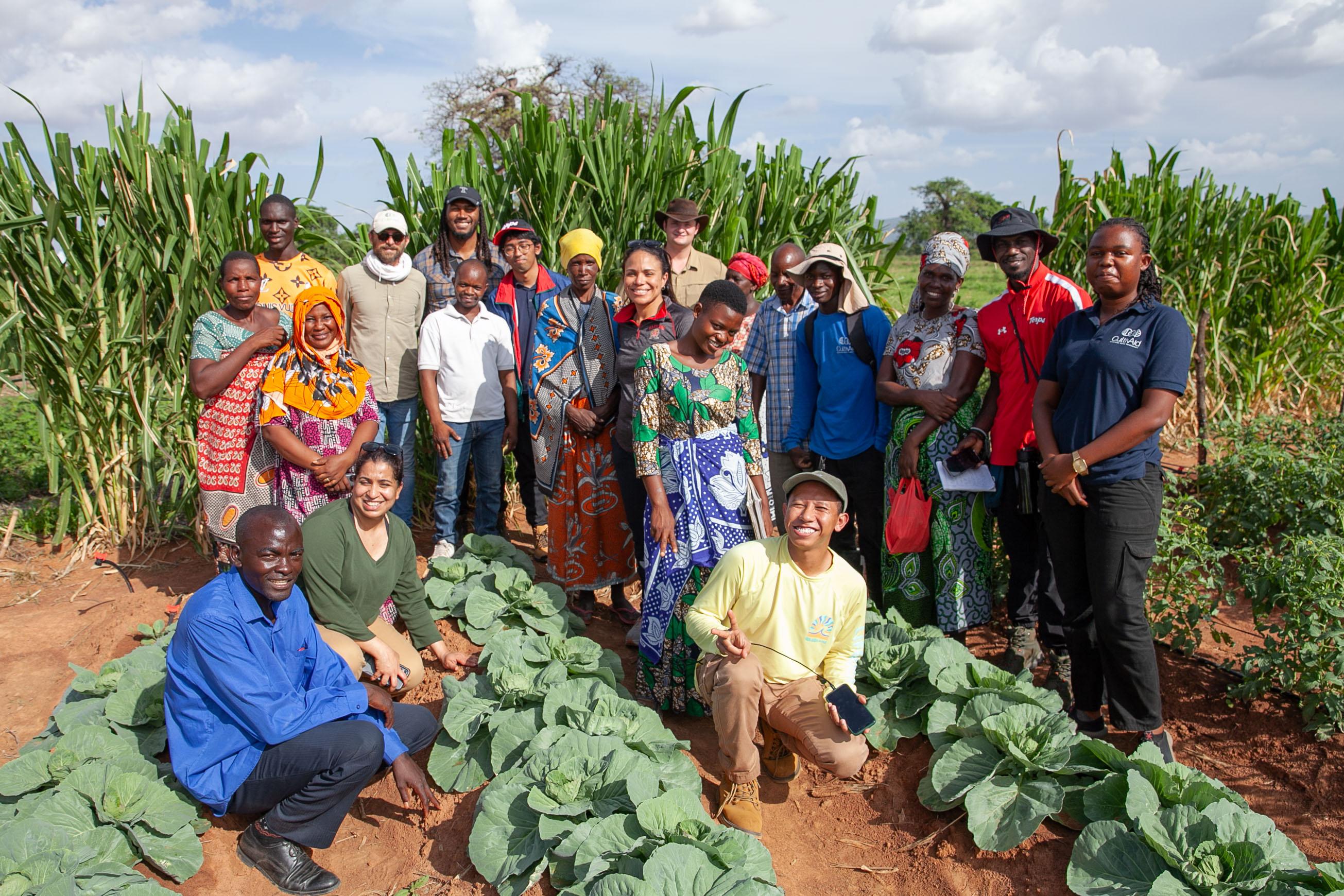
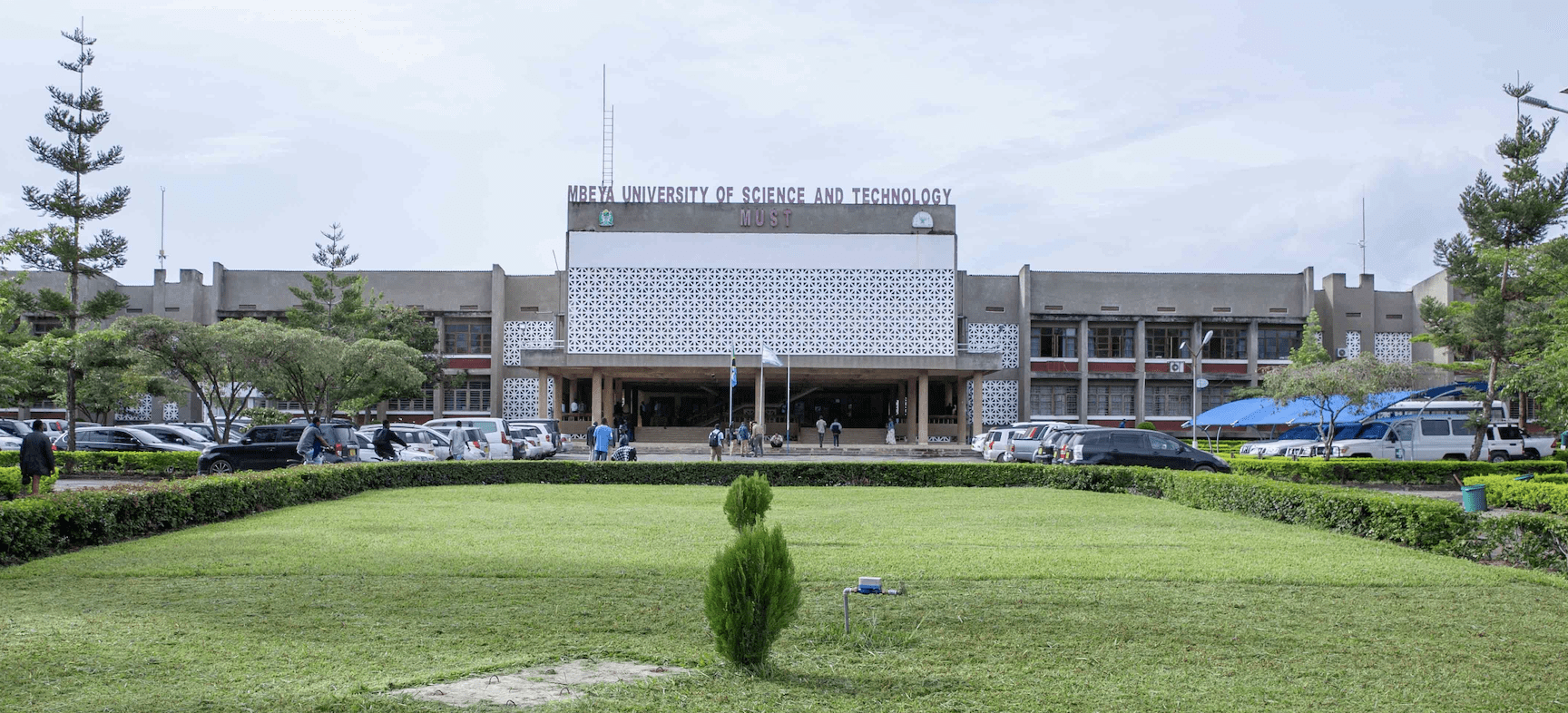
Fulfills these Global FEWture Alliance objectives:


